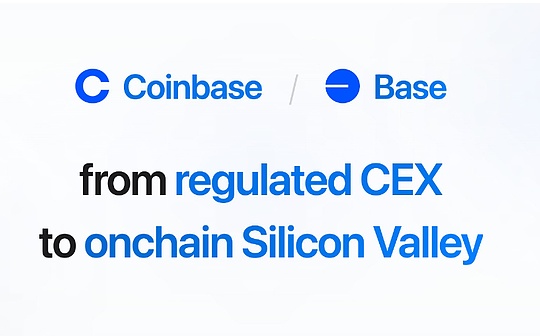
Anurag Arjun, founder of Avail and co-founder of Polygon, said in an exclusive interview on March 7 that building a blockchain infrastructure that attracts developers is the key to large-scale expansion of blockchain applications.“Reducing developer friction is very important. If you look at the first mobile apps built when the initial infrastructure emerged, those are very simple apps. It took us many years to experiment to create something like UberOr something like Instagram.”
Arjun added that building developer-centric scaling solutions such as Layer 2 Summary is necessary to advance blockchain-based decentralized applications (DApps).He said:
“The real purpose of [scaling solutions] is if developers can quickly use this infrastructure to actually create useful scalable applications, for example, now becoming mainstream again.”
According to an Electric Capital report on January 17, the average monthly active developers decreased by 24% in 2023 to 22,411.The company attributed the decline to the record high of new developers joining in 2022.The report states:
“While developers overall declined by 24%, the most valuable developer population (more than 2 years of term contributing the most code) continues to grow steadily.”
Asked about the future of blockchain scalability, Arjun said he expected to see hundreds of app-specific summaries that would be unified under the user experience-friendly application layer, just like today’s simplificationBuy online the same web2 shopping experience.
“When you click the purchase button on [Amazon], it opens a payment page, but the user doesn’t know all the complexities behind the process,” Arjun said, adding that the Web3 infrastructure needs to simplify the user experience to a similarMethod to attract more mainstream users.
Arjun is also the co-founder of Avail, the Web3 data availability and consensus layer, which completed a $27 million seed round led by Founders Fund and Dragonfly on February 26.
The funds will be used to support the development of three core products of the company, also known as “Avail Trinity”, to help accelerate the unification of Web3: the Data Availability Layer, the Nexus Unification Layer, and the Converged Security Layer.







